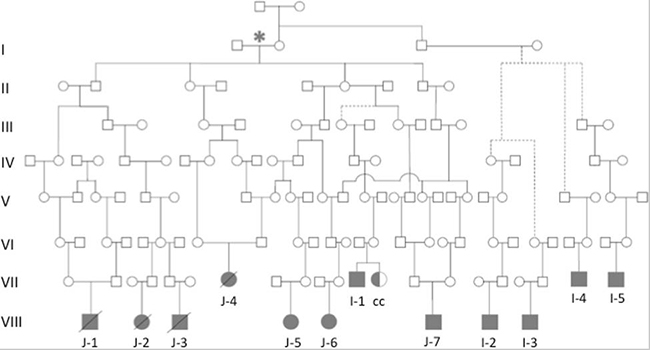About Biliary Atresia
Biliary Atresia (BA) is a congenital liver disorder that is 3—5 fold over-represented in Māori and Pacific Peoples. It affects 1 in 3000—5000 Māori/Polynesian infants and is fatal if not diagnosed early and treated urgently with surgery. Its cause is unknown.
A strategy is therefore needed to identify at risk infants who can be monitored with intensified surveillance for the disorder using the measurement of serum conjugated bilirubin. We have identified a large North Island iwi that demonstrates an extremely high incidence of BA, possibly indicative of a genetic predisposition. Identifying this factor has the potential to develop a marker that can aid early diagnosis, improve surgical outcomes, and define the pathophysiology of this condition.
To date, our team have explored the epidemiology of BA across New Zealand and studied an iwi in depth in an endeavour to track specific genetic components conferring susceptibility to the disease.
Tracking genetic susceptibility to Biliary Atresia

BMC Medical Genomics, 11(1):121
Research funding
Funded by Curekids, HRC and the Marsden Fund